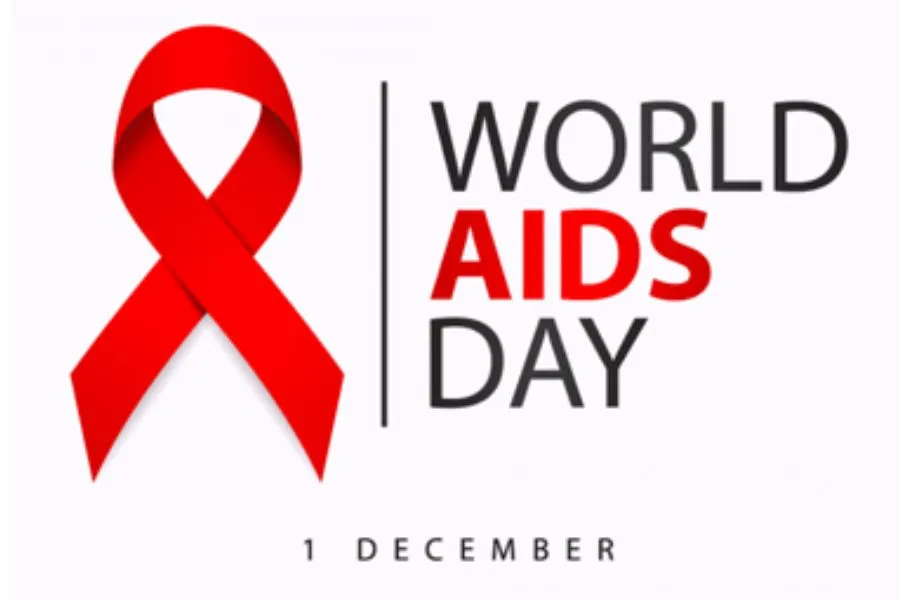Kampala, 26 December, 2023 / 9:00 pm (ACI Africa).
Religious leaders in Uganda have emphasized the role of parents in helping children understand HIV/AIDS.
In a statement published Monday, December 4, members of the Inter-Religious Council of Uganda (IRCU) express concern about the increase of new HIV/AIDS infections among adolescent girls and young women in the East African country.
“Create an enabling environment at home for your children to freely discuss body changes and HIV,” the religious leaders tell parents, adding that parents have “a great role to play” in the fight against the pandemic.
They underscore the need for parents to remain close to their respective children, saying, “Spend quality time with your children; set an example for them to follow; understand and discuss the unique needs of young people such as body changes and attraction to the opposite sex.”
In their statement for World Aids Day, IRCU members say it is worrisome that many people are still not aware of ways to protect themselves against the disease.








